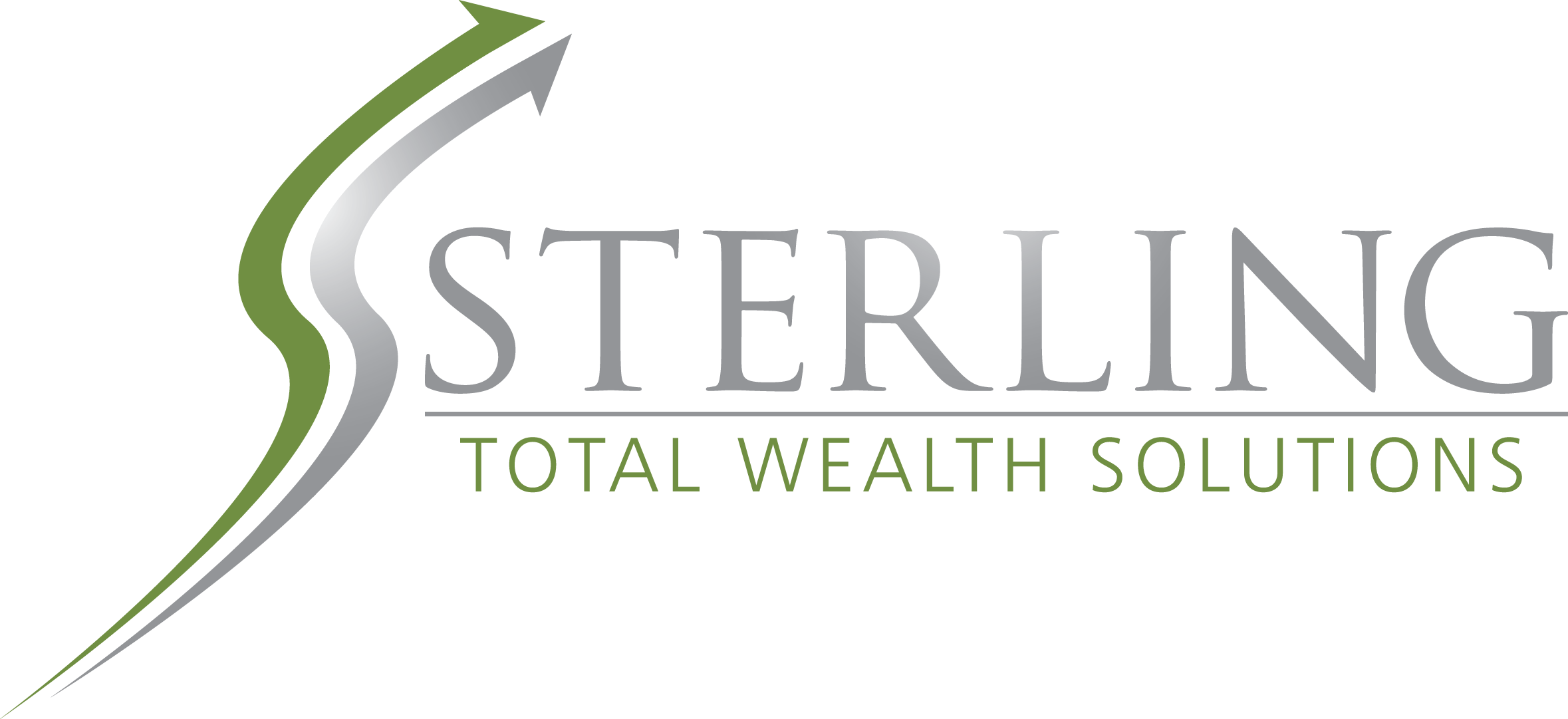The SECURE Act Starts the Clock on Inherited IRAs
The SECURE Act has altered the retirement landscape in many ways.
Presented by Sterling Total Wealth Solutions

The “Setting Every Community Up for Retirement Enhancement” Act (SECURE Act) made significant changes to IRAs inherited after January 1, 2020.
For those who inherit IRAs after this date, the SECURE Act requires you to withdraw the inherited funds within ten years or less and eliminates the ability to “stretch” your distributions over your lifetime. This change may have created a complex tax environment depending on the account. It may be wise to speak to your tax professional for more details.1
Exceptions to the Rule
As with most regulations, there are exceptions to the 10-year rule. If you are:
- a surviving spouse
- a person with a disability or chronic illness
- a person no more than ten years younger than the original account owner
One factor to consider: If the original account owner did not take the required minimum distribution the year they died, you must take that distribution for them in that year.2
While the “stretch” rule changed for inherited IRAs, other rules stayed the same. Once the owner reaches age 72, they must begin taking required minimum distributions from a Traditional IRA in most circumstances. Withdrawals are taxed as ordinary income and, if taken before age 59½, may be subject to a 10% federal income tax penalty.
The SECURE Act altered the retirement landscape in many ways. If you have any questions or concerns, consider speaking to your financial or tax professional.
Securities offered through Registered Representatives of Cambridge Investment Research, Inc., a Broker/Dealer, Member FINRA/SIPC. Advisory services offered through Cambridge Investment Research Advisors, Inc., a Registered Investment Advisor. Sterling Total Wealth Solutions and Cambridge are not affiliated.
To learn more about Sterling Total Wealth Solutions, visit us on the web at www.sterlingtotalwealthsolutions.com
The content is developed from sources believed to be providing accurate information. The information in this material is not intended as tax or legal advice. It may not be used for the purpose of avoiding any federal tax penalties. Please consult legal or tax professionals for specific information regarding your individual situation. This material was developed and produced by FMG Suite to provide information on a topic that may be of interest. FMG, LLC, is not affiliated with the named broker-dealer, state- or SEC-registered investment advisory firm. The opinions expressed and material provided are for general information, and should not be considered a solicitation for the purchase or sale of any security. Copyright
document.write(new Date().getFullYear())
FMG Suite.
Citations.
1. IRS.gov, April 7, 2022
2. IRS.gov, April 7, 2022
